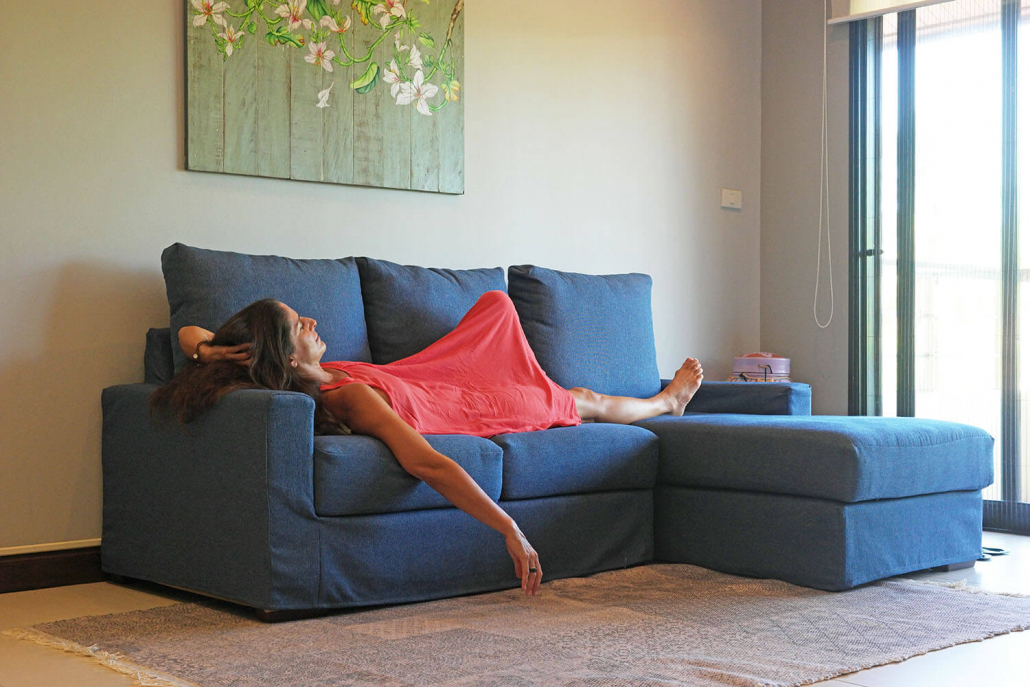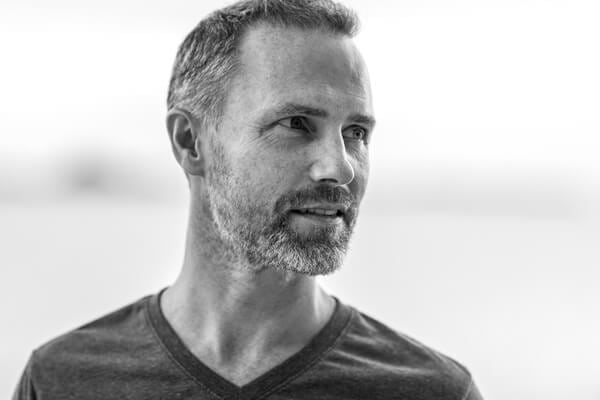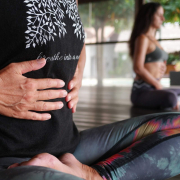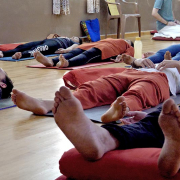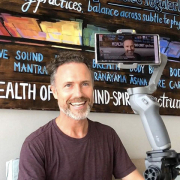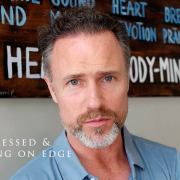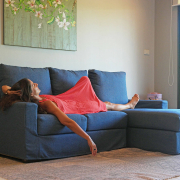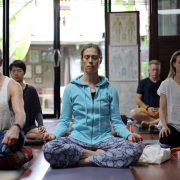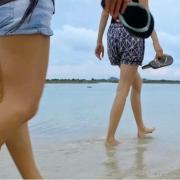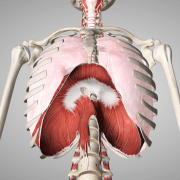 https://samahitaretreat.com/wp-content/uploads/2020/05/diaphragm-lungs.jpg
1116
1088
Dr. Paul Dallaghan
http://samahitaretreat.com/wp-content/uploads/2024/01/samahita-logo-v2.svg
Dr. Paul Dallaghan2020-05-13 04:54:162024-02-15 09:35:589 Benefits of Correct Breathing and Doing Breathing Exercises Part Two of Breathing Exercises and Physical Health – Challenges & Benefits
https://samahitaretreat.com/wp-content/uploads/2020/05/diaphragm-lungs.jpg
1116
1088
Dr. Paul Dallaghan
http://samahitaretreat.com/wp-content/uploads/2024/01/samahita-logo-v2.svg
Dr. Paul Dallaghan2020-05-13 04:54:162024-02-15 09:35:589 Benefits of Correct Breathing and Doing Breathing Exercises Part Two of Breathing Exercises and Physical Health – Challenges & BenefitsExpert Advice to Manage at-home Stress
Expert advice might be harder to find in an online jungle today. So, first qualification, I’m “at-home” (obvious one ;). Second, a rare combo of advanced practitioner-teacher with stress scientist-researcher on the practices of yoga, breathwork, meditation (quick tip – those three are all actually yoga but I am a victim of modern reduced vernacular of yogic terms) training. The simple and humble hope is to be able to offer some help as April might be our most intense month yet.
Have any of these scenarios intensified recently (they might be present prior to corona days but now, ahhhh….)? oh my god my kids ahhhhh (but I love my kids); who did I end up spending my life with (hint that’s your partner or husband or wife)?; I never knew there were so many snacks available in my house; when should I actually go to bed and wake up cause I am confused around time now?; I just got sucked into some kind of online time warp that might be all fake but nonetheless has left me highly anxious; I don’t know what’s going on and I say I’m ok but inside I feel weeeeeiiiiirrrrrddd …. Frustrations, irritations, fears, doubts, insecurities …. Just a sample of expanding stress but now that that’s out of the way let’s get to the heart of this:
- SLEEP: this should be the first thing to sort out – when you go to bed and when you get up (that is often different than when you wake up). A recent study showed just more than a half-hour change in the wake-up and go-to-bed times elevated resting heartrate and impacted stress resilience (1). But more than that, a lack of proper sleep (and for some staying in bed too long) increases brain inflammation, changes prefrontal activity, which is a pure stress response, and will leave you in a far more easy to anger, react and suffer state than a good sleep and rest can bring (2). As you have no external appointments to make ensure you get enough hours of sleep (if in doubt choose 7 to 7.5 hours). Of course the quality of your sleep and being able to fall asleep are the next challenge. These can be handled by, one, a mental appraisal to not continuously worry about that which is beyond your control and, two, to have adequate behavioral disciplines (hint: yoga practice) so your body chemistry is managed towards balance – that means when and how much you are active and eat. So read on …..
- Be NICE: this is all it comes down to really. Naturally if you have slept better you will be nicer. Proper nutrition will also affect your mood. As will getting adequate exercise. And those two points are covered in copious articles online so I won’t tell you anything new. But you prioritizing To Be Nice today as you get up can change the world. This can come from you doing some personal practice in the way of compassion, thinking sincerely of others struggling in worse situations than yours, knowing for real that behaving, responding and reacting from your current mood is most likely harmful to others around you, and then promising to yourself to be more aware in whatever you engage in today. If little bitty lab rats can reveal that they avoid actions that harm both familiar and unfamiliar conspecifics (other rats) … see this study just out last week (3) … then there should be hope for humans stuck at home with what is most probably other familiar human beings. This means Be NICE = compassion + empathy + awareness !!!
- Be HAPPY: well if you’re nice to others there’s a really good chance you will be much happier already. You can always take a quick personal profiler survey such as the PERMA (positive emotion, engagement, relationships, meaning, accomplishment) if you’re not sure (4). All the things you were thinking that make you happy really come up after this. Now if you roll your eyes at this one then it’s a good sign happiness is not fully embodied with you. The simple advice here is to put a focus on happiness. Yes, there are things to do but they have already been pointed out above. Now keep this high on your list. You can look at a cloud going by your window and be happy. You can savor the food in your mouth and be happy. You can look at the people around you without any inner comment and be happy. Up to you now to find a myriad of more ways to be happy. Coz sleeping, being nice, and being happy kicks stress’s ass which strengthens yours.
- Everything ELSE: I could title it under “do something for yourself” [good], or stop being absorbed online [bad], or do yoga practice, sit, breathe and meditate (recurring quick tip – those three are all actually yoga) [hopefully good]. So here goes: (a). experiences seem to come up for many as greater elicitors of in-the-moment happiness, recently studied under spending on doing versus on having (5). So do something for yourself, be it a dance class, work out, yoga, a bath, eating good chocolate (ok you have to have the chocolate first). (b). following that spend time in nature, though today you have to do it distanced (see these “scientific and ethical” bases for it (6)), but that’s only in the short term. What is interesting here is that not only is being in nature good for you but it increases your pro-environmental behavior, which is good for nature, society and future generations (7). (c). here’s one you might have guessed: reduction of Facebook time increased life satisfaction, enhanced physical activity, reduced depressive symptoms to lead to an overall greater level of well-being and a healthier lifestyle (8). Wow, who knew?! Who didn’t know? But who actually takes this advice? Personally, I keep the phone away from me when I work and when I sleep. Take some proactive steps on this starting today.
There are more angles and topics that could easily be covered in such an area as stress management but it would undermine this current message by overwhelming you. There’s just too much information and online opinions these days. So bring it back to you. Know the key pieces to prioritize: Sleep – Be Nice – Be Happy. Tied up in all that is checking your own mindset. You can do Everything Else but they’ll only be temporary reliefs (which is ok but can’t be everything) and therefore fail to achieve a transformative and lasting impact (= a change in stress response for the rest of your life). Increase your awareness and understanding by reflecting on the nature of the mind and study some ancient writings on the purpose and meaning of life.
The breath will help this April, and I’ll write more on that next, but I wish your days full of good sleep, being nice and happy, with some time for yourself, in nature when possible, and managed.
References:
Faust, L., Feldman, K., Mattingly, S. M., Hachen, D., & N, V. C. (2020). Deviations from normal bedtimes are associated with short-term increases in resting heart rate. NPJ Digit Med, 3, 39 https://www.nature.com/articles/s41746-020-0250-6
Sleep: The Balm of Hurt Minds. Naihua N. Gong and Matthew S. Kayser
Current Biology 30, R263–R285, March 23, 2020
https://www.cell.com/current-biology/pdf/S0960-9822(20)30205-0.pdf?_returnURL=https%3A%2F%2Flinkinghub.elsevier.com%2Fretrieve%2Fpii%2FS0960982220302050%3Fshowall%3Dtrue
Harm to Others Acts as a Negative Reinforcer in Rats
Hernandez-Lallement et al., 2020, Current Biology 30, 949–961 March 23, 2020
https://www.cell.com/current-biology/fulltext/S0960-9822(20)30017-8?_returnURL=https%3A%2F%2Flinkinghub.elsevier.com%2Fretrieve%2Fpii%2FS0960982220300178%3Fshowall%3Dtrue
The PERMA profiler on the Yale Qualtrics survey tool
https://yalesurvey.ca1.qualtrics.com/jfe/form/SV_dmWAB2LoFzOk25n?user_id=d8e89cdde22c89cbf3cf404a02f3e026b735c15c
Spending on doing promotes more moment-to-moment happiness than spending on having. Kumar et al. Journal of Experimental Social Psychology, Volume 88 May 2020, 103971 https://doi.org/10.1016/j.jesp.2020.103971 https://www.sciencedirect.com/science/article/abs/pii/S0022103119305256
The Lancet. “Singapore modelling study estimates impact of physical distancing on reducing spread of COVID-19.” ScienceDaily. ScienceDaily, 24 March 2020. https://www.sciencedaily.com/releases/2020/03/200324131843.htm
Joseph A Lewnard, Nathan C Lo. Scientific and ethical basis for social-distancing interventions against COVID-19. The Lancet Infectious Diseases, 2020; DOI: 10.1016/S1473-3099(20)30190-0
Associations between pro-environmental behaviour and neighbourhood nature, nature visit frequency and nature appreciation: Evidence from a nationally representative survey in England
Ian Alcock, Mathew P White, Sabine Pahl, Raquel Duarte-Davidson, Lora E Fleming
Environment International, Volume 136, March 2020, 105441
https://www.sciencedirect.com/science/article/pii/S0160412019313492?dgcid=raven_sd_recommender_email
https://doi.org/10.1016/j.envint.2019.105441
Less Facebook use – More well-being and a healthier lifestyle? An experimental intervention study. Brailovskaia et al., Computers in Human Behavior, vol. 108, July 2020, 106332 https://doi.org/10.1016/j.chb.2020.106332
https://www.sciencedirect.com.proxy.library.emory.edu/science/article/pii/S0747563220300868
Dr. Paul Dallaghan’s expertise with breathwork, body and meditative practices comes from three sources: (1) three decades of daily dedicated practice and teaching these techniques; (2) uniquely acknowledged in the Yoga tradition by the title of “Master Yogi-Prānācharya (expert in breath)”, following an immersion in the original culture through one-on-one direct training in practice and study of ancient texts; (3) a PhD in doctoral scientific research at a leading US university (Emory) covering both the tradition and science of yoga and breath practices in terms of stress, health and aging. As a result, Paul occupies a unique space to impart genuine teaching and science on the breath, body, and meditative practices, seen as a Teacher-of-teachers and identified to carry on the tradition of Pranayama. His sincere and ongoing role is to teach, write and research, to help put out experienced and authentic information on these areas of how we live, breathe and be, to help people improve their mental and physical health, and live more fulfilling lives.
For more on his background see his bio
More from the Samahita Blog
